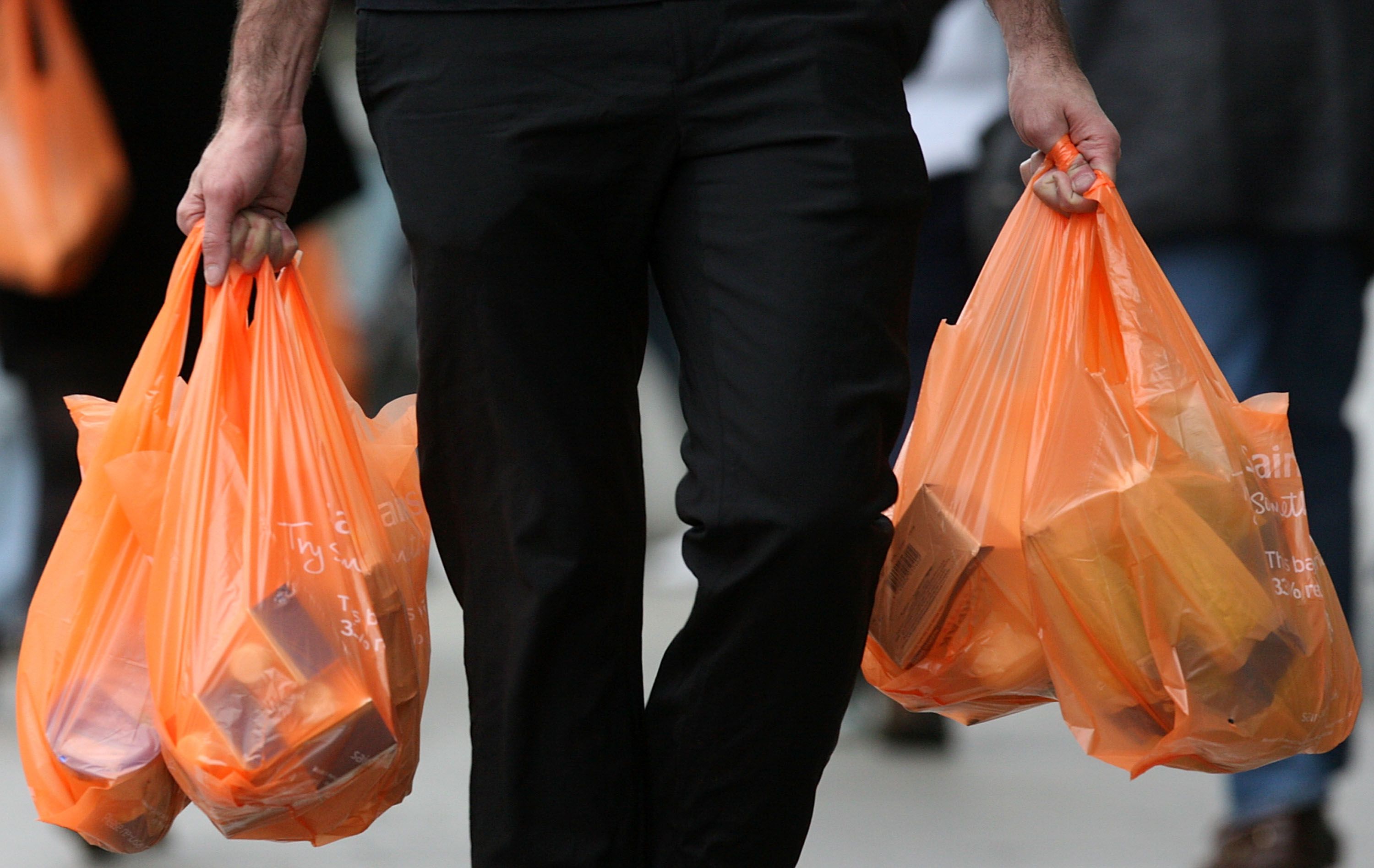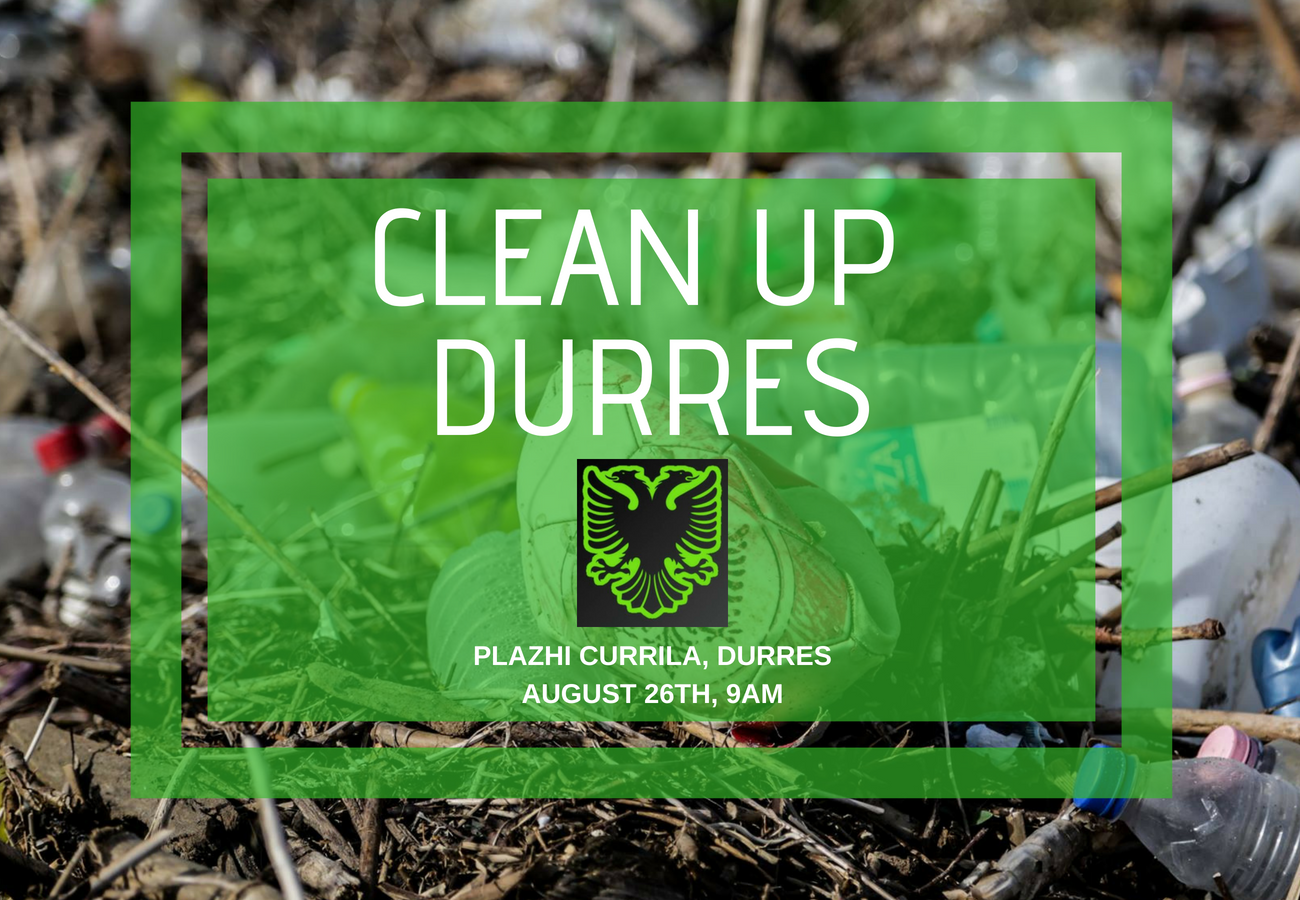At the beginning of July 2018, Albanian environmentalists rejoiced at the news that the government were enforcing a ban on single-use plastic bags. A highly progressive step, even I was overjoyed to hear the news.
The new law states that businesses that still produce or use single-use plastic bags after July 1st 2018 will be subject to fines and penalties ranging between 10million and 15million lek. A hefty fee for your local greengrocer, but a necessary step to halt the use of plastics that end up polluting our streets, rivers, beaches, and environment. The law also specifies that only recyclable bags that are in line with certain criteria can be used as an alternative to single-use plastic and the new product will be overseen and supervised by the local authorities.
The new type of plastic bags must include the manufacturer’s name, the symbol of the biodegradable class, and other various elements. Also, any bag that has direct contact with edible goods must have a correct label that confirms this purpose. It is expected that the National Environmental Agency and the National Environmental Inspectorate will carry out regular and ruthless inspections to ensure compliance.
Sounds great, doesn’t it?
But unfortunately, the alternative plastic bags are not a whole lot better than the ones that have been banned.
The proposed replacements are what are known as ‘oxo-biodegradable plastic’ which is defined as “degradation resulting from oxidative and cell-mediated phenomena, either simultaneously or successively.” In other words, when oxo-biodegradable plastic is exposed to oxygen it will begin to decompose after a certain amount of exposure, much faster than normal plastic which can take hundreds of years.
There is, however, one little problem.
in November 2017, the Ellen MacArthur foundation issued a paper which was supported by no fewer than 50 organisations including M&S, Unilever, Pepsi, the British Plastics Federation Recycling Group, World Wildlife Fund, 10 MPS from EU countries, and a number of leading scientists. This paper called for the banning of oxo-biodegradable plastics due to issues surrounding the claims that it is truly biodegradable in nature.
Then in January 2018, the European Commission published a report on the use of oxo-biodegradable plastic and it focussed on three particularly troublesome issues; whether the plastic is truly biodegradable in various environments, recycling, and the environmental impacts in terms of littering.
The report states that there is no conclusive evidence that oxo-biodegradable plastic, when exposed to an open environment, breaks down to a sufficiently low molecular weight that can really facilitate true biodegradation. Furthermore, there is no conclusive evidence about how long it takes such plastics to degrade in a marine environment, or how much they degrade when underwater. The report continued that such a lack of conclusive evidence means that there is a high risk of the plastics not degrading leading to a further risk of accumulation of microplastics in our environment. As we already have a significant issue with microplastics and kill an estimated 100 million marine animals every year with them, adding to the situation is something that we can do without.
In terms of litter, whilst it appears that oxo-biodegradable plastics could break down with minimal toxic impact on wildlife and plants above the waves, again there is no conclusive evidence that this is the case. In fact, the fact that the products decompose means that they are unable to be retrieved in cleanups and instead they are left to cause unknown damage to the earth.
The debate around this type of plastic and the many question marks around its claims of being environmentally friendly has led to several countries making moves towards banning them completely. EU Member states such as France, Spain and the Netherlands have all taken such steps, with others expected to follow suit in due course.
So why has Albania introduced them to such a fanfare? Did someone not do their research beforehand? Or were other options not even considered? They are not a solution and whilst they might make you look super-green and environmentally friendly on paper, the reality is that it is just not good enough. If you are going to go to all of the time and effort to make changes such as this, at least do your homework first.
I, in my limited wisdom, have just a couple of suggestions for you.
- Introduce a mandatory fee of 50lek on each plastic bag. Hitting people in the wallet will soon stop them from using unnecessary, disposable items.
- Lower the price of reusable bags, bags for life, cloth bags.
- Give people a discount for bringing and using their own bags.
- Run a campaign on all of the above.
There we go, problem solved. You are welcome.
Follow The Balkanista!



